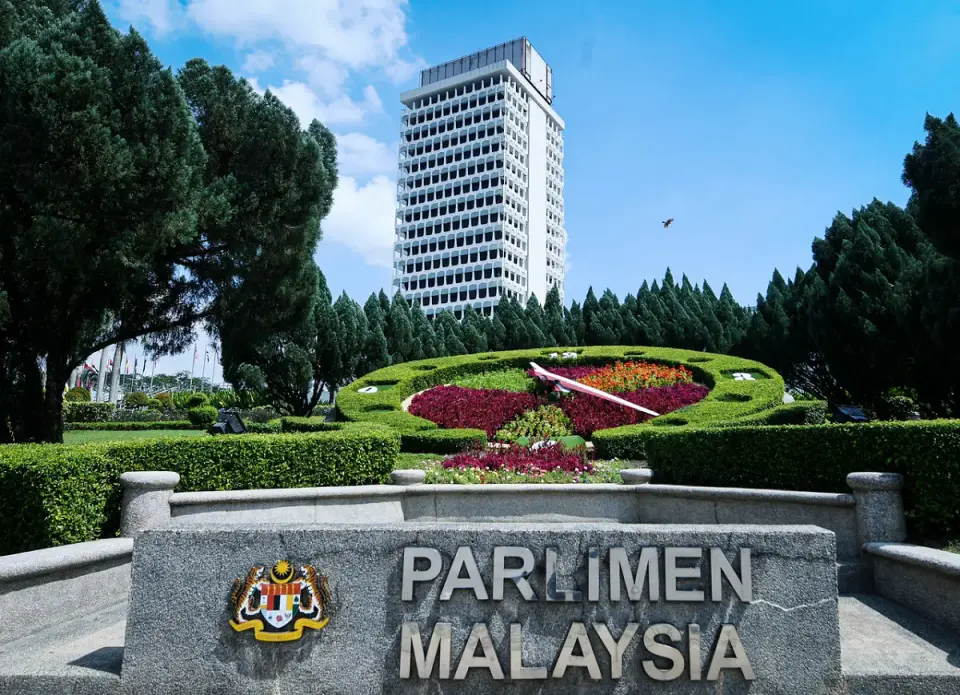KUALA LUMPUR, March 14 — The allocation of development expenditure (DE) earmarked for implementing development projects is decided based on requests and priorities stated by the ministries, and not based on the preferences of the state governments, said the Economy Ministry.
The state governments are given the opportunity to list their priorities through the State Wishlist system in the MyProjek app.
“Before the ministry submits project requests to the Economy Ministry, all ministries are required to hold engagement sessions with stakeholders at the state level.
“Since the allocation available is limited and certainly cannot accommodate all of the state government’s demands, the state government’s requests need to be filtered and evaluated by the ministries first,” it said in a reply published on the Parliament website today.
The ministry was responding to Kota Belud MP Isnaraissah Munirah Majilis, who wanted to know whether it plans to require the confirmation of parliamentarians at the State Planning Unit level before being included as a priority list at the central level for approval consideration.
Meanwhile, replying to a question from Temerloh MP Salamiah Mohd Nor regarding the percentage of achievement by Yayasan Peneraju in managing the skills and professional talents of the Bumputera community, the Economy Ministry said the foundation plays a new role as a talent centre producing qualified and potential value creators.
Over 70,000 participants have benefitted from programmes implemented by Yayasan Peneraju over a 12-year period.
“Out of this total, over 70 per cent have completed the programme and obtained certification. The remaining 21,000 participants are active trainees,” it said.
— Bernama





